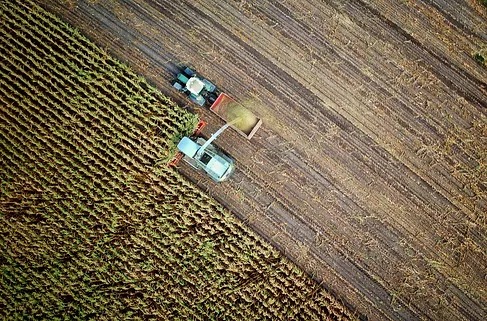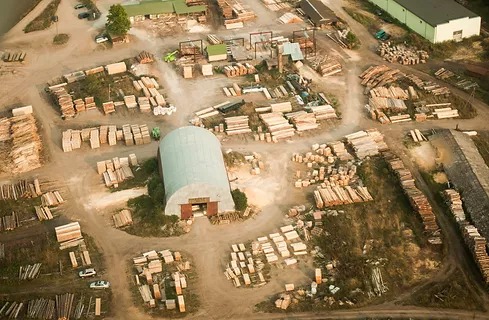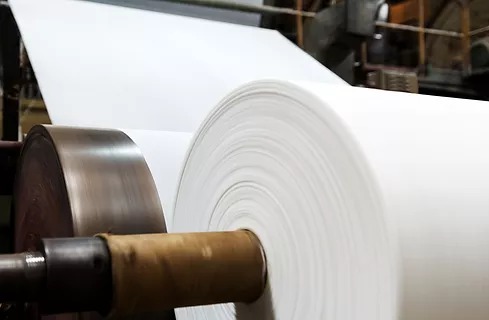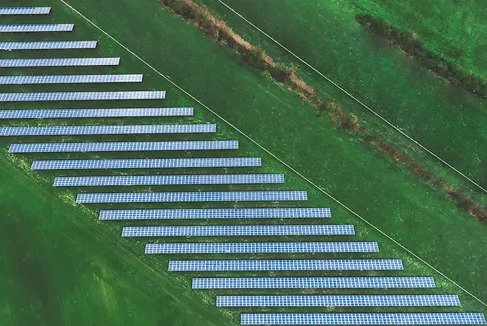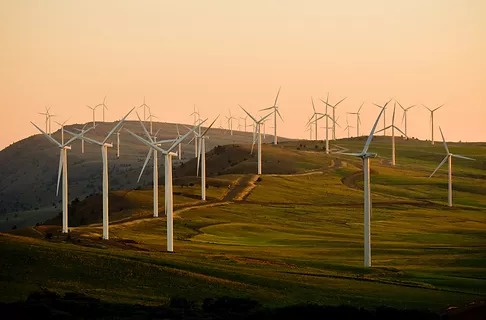Industries
1. Biofuels
2. Forestry Management
3. Fuel Cells & Industrial Batteries
4. Pulp & Paper Products
5. Solar Technology & Project Developers
6. Wind Technology & Project Developers
Range of Renewable & Alternative Energy Risks
1. Lifecycle Emissions Balance
2. Product Formulation & Impacts on Food Markets
3. Sourcing & Environmental Impacts of Feedstock Production
4. Air Quality
5. Materials Sourcing
6. Energy Management
7. Ecosystem Services & Impacts
8. Rights of Indigenous Peoples
HEALTHCARE
ESG Strategy
Supply Chain
INFRASTRUCTURE
Carbon Footprint

